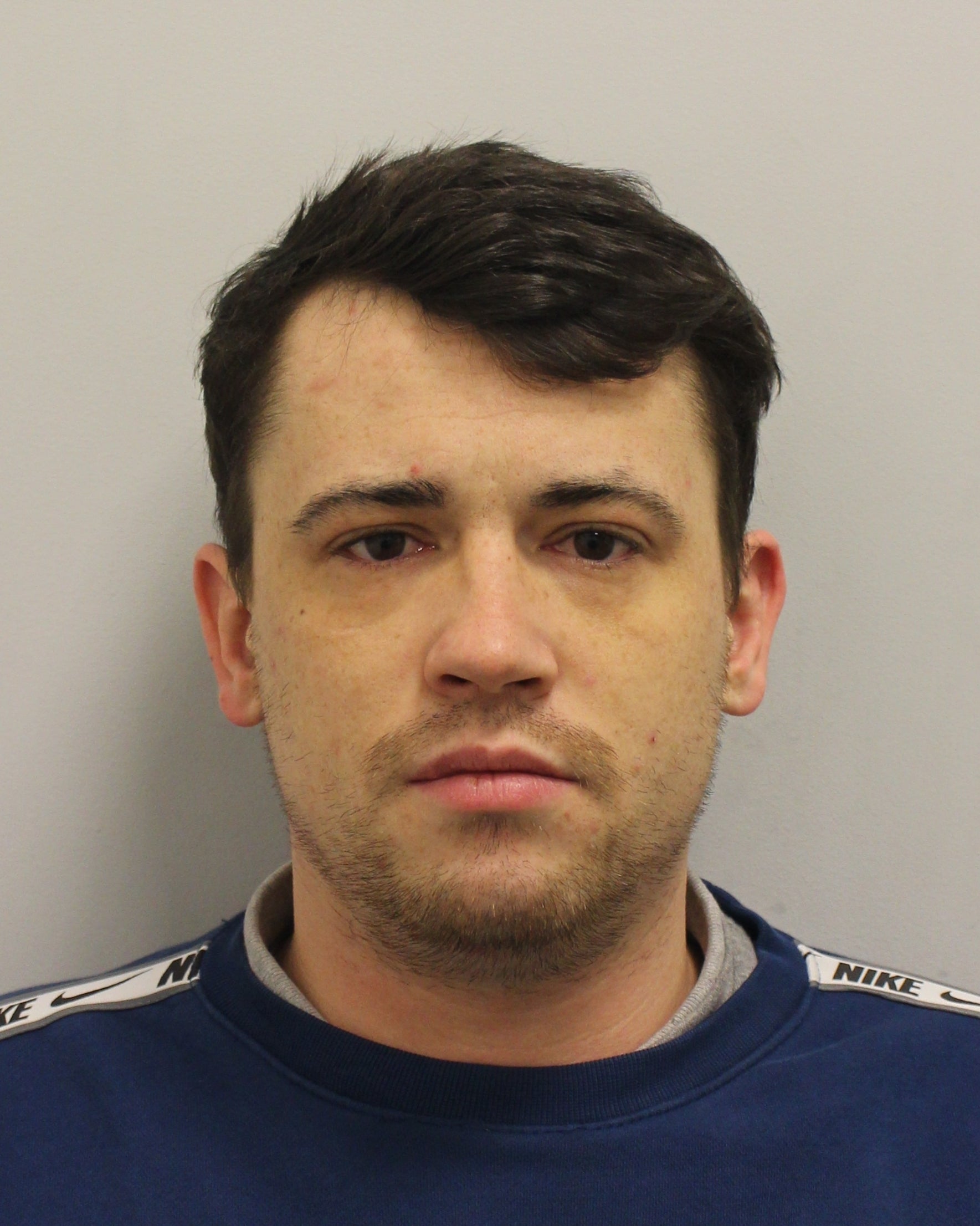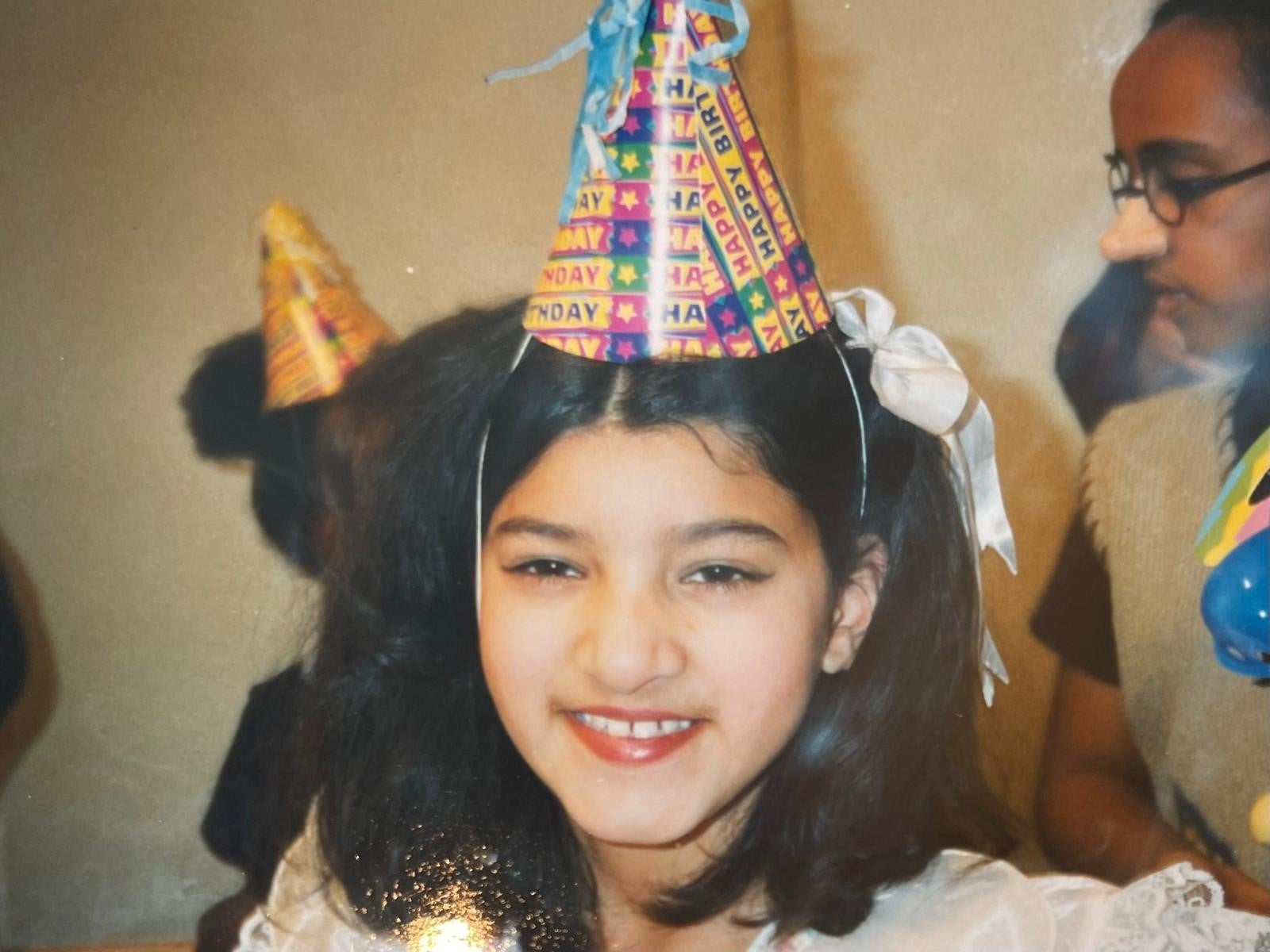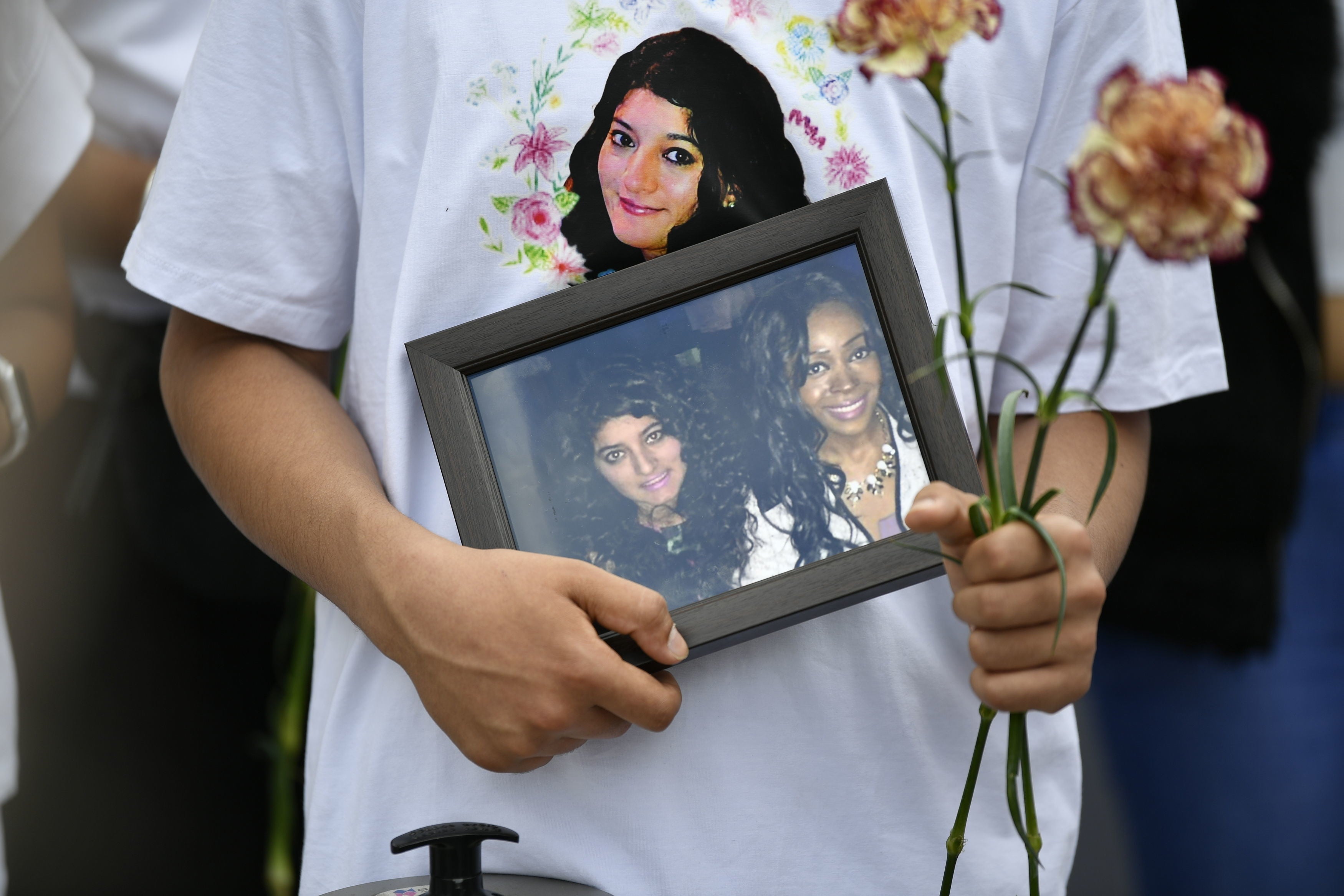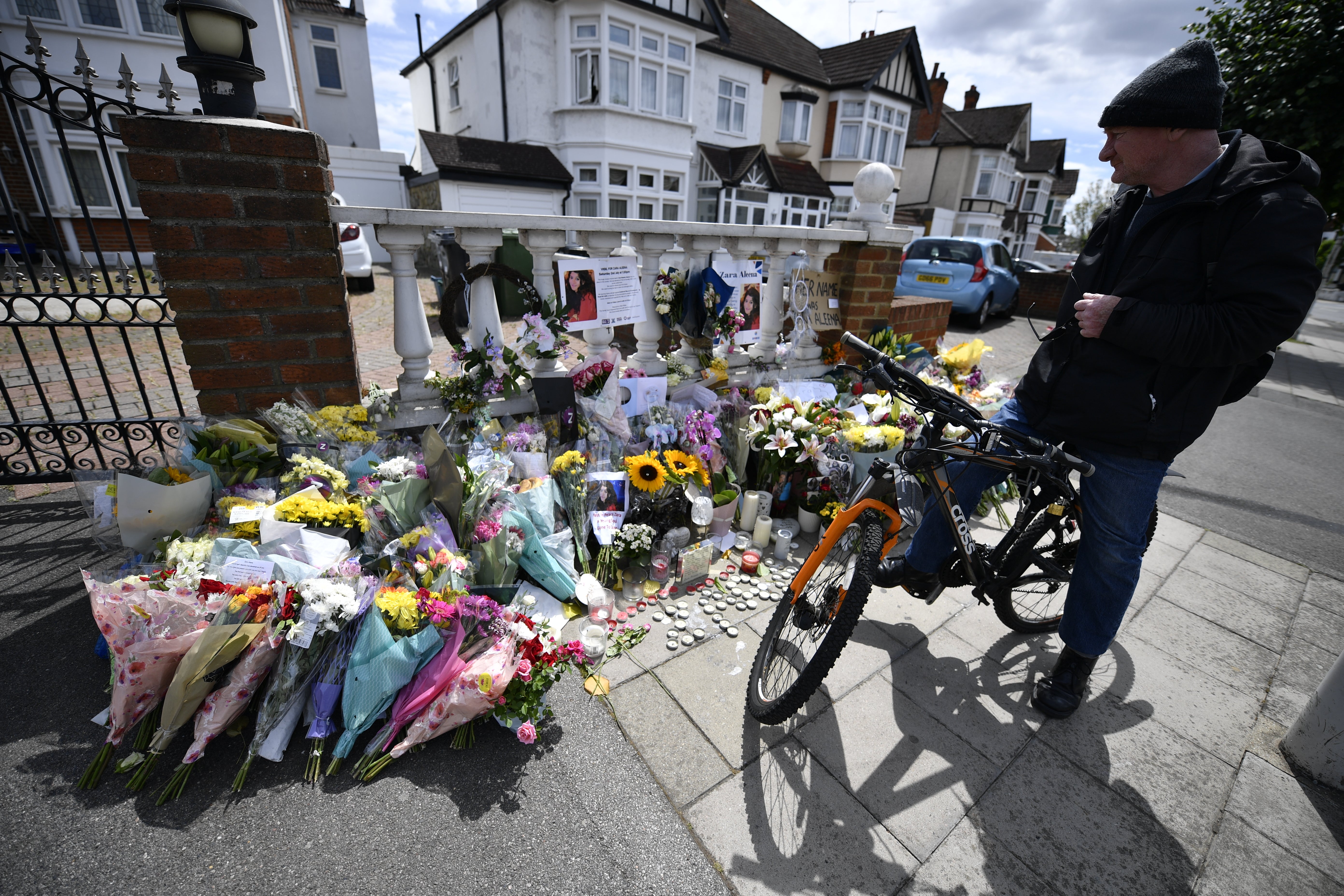
A sexual predator who murdered a 35-year-old woman as she walked home from a night out has been jailed for life after refusing to come to court.
Jordan McSweeney was a prolific offender who had been released from prison on licence just days before killing law graduate Zara Aleena. He has been sentenced to life in prison with a 38-year minimum term.
He had targeted more than one woman before he preyed on Ms Aleena as she walked home, subjecting her to a ferocious assault, the Old Bailey heard.

Prosecutor Oliver Glasgow KC told the court Ms Aleena “stood no chance” after the defendant launched his “attack upon a lone female late at night”.
He had been in jail for criminal damage, racially aggravated harassment and unauthorised possession of a knife in prison.
McSweeney, 29, of Dagenham, Essex, previously admitted murdering and sexually assaulting Ms Aleena.
But on Wednesday, he refused to come up from the cells at the Old Bailey to be sentenced by Ms Justice Cheema-Grubb.
McSweeney’s lawyer told the court that the defendant was “truly sorry for what he has done”. To which Ms Justice Cheema-Grubb queried: “Where is the evidence of that?”
Sentencing McSweeney, the judge said that he had been “prowling the streets of Ilford looking for women to attack”.
She told the court that McSweeney was “wholly aware of what he was doing” when he attacked Ms Aleena. “After satisfying his lust, he proceeded to destroy the woman he had just degraded,” she said.
She condemned McSweeney’s decision not to come to court to face his sentence, saying he had “no spine whatsoever”.
Members of Zara Aleena’s family could not address McSweeney directly as they spoke in court about how her death has impacted them.
Ms Aleena’s aunt, Farah Naz, said: “Zara was murdered in 20 minutes, she lost everything. We lost her and more. When a human is murdered, a family is murdered.”
She said her niece “brought a zest to our lives, joy, colour and light”.
She added: “Zara’s teenage cousins are afraid of the world, afraid of strangers and have experienced panic for the first time. Every day it is like pushing a rock the size of a planet.”

“We are on our knees shuffling through a horror movie,” Ms Naz said.
Ms Aleena’s grandmother, Rashida Pareen, struggled to speak through her tears as she told the court that she felt “completely broken”.
She said she hoped McSweeney “would never find peace”.
Prosecutor Oliver Glasgow KC told the court: “At the time she was attacked, Zara Aleena was only minutes from her front door and she had every right to feel safe on the street – streets where she lived and which she knew well.”
“She stood no chance of survival,” he added.

Earlier on the evening of 25 June, McSweeney had been ejected from a pub for making “persistent advances” to a female member of the bar staff.
Mr Glasgow said the defendant then “roamed the streets looking for a woman to attack and to sexually assault”. One woman was forced to run away from him after she noticed he was following her, the judge said.
McSweeney waited in a driveway to ambush another target, but she ducked into a house before reaching him, the court heard.
Mr Glasgow told the court: “He followed a number of different women and, given what happened to Zara Aleena, there can be no doubt that they were lucky to have escaped unharmed. Tragically for Zara Aleena, of course, she was not so fortunate.”

McSweeney followed Ms Aleena down Cranbrook Road before grabbing her and dragging her into a driveway.
Mr Glasgow said: “Despite being only yards from a public street and from residential properties, the defendant attacked Zara Aleena with a savagery that is almost impossible to believe.
“He repeatedly kicked and stamped on her head and body, he tore some of her clothes from her body in order that he could sexually assault her, and then he attacked her again, kicking and stamping on her face and neck, and returning several times to continue the brutal violence.
“Finally, once satisfied that she would no longer be able to report him for what he had done, he walked away, taking her mobile telephone with him which he threw over a garden wall, thus ensuring that neither she nor anyone else who might find her could use the phone to call for help.
“He walked back to the caravan where he was living and the following morning, having hidden the bloodstained clothes and shoes he had been wearing during the attack, was seen laughing and joking with his friends; seemingly without any concern for what he had done or for the fate he had forced upon Zara Aleena.”

McSweeney had been ordered to return to prison two days before the killing after he failed to attend his probation appointments. Metropolitan Police officers had tried to locate him in the early hours of 25 June to arrest him but couldn’t find him.
The following morning, 26 June, McSweeney dragged Ms Aleena into a driveway in Cranbrook Road, Ilford, east London, where he sexually assaulted her and made off with her mobile phone, keys and handbag.
Emergency services were called after she was found with severe head injuries, struggling to breathe and partially naked.
She died later in hospital and a post-mortem examination found she had suffered multiple serious injuries.
After his arrest, McSweeney refused to answer questions but told officers he had attention deficit hyperactivity disorder (ADHD).
While in custody, he was also said to have threatened police officers. After being charged with murder, he was remanded in custody after a judge found he was a “substantial risk” to the public, especially lone women.
He has 28 convictions for 69 separate offences including burglary, theft of a vehicle, criminal damage, assaulting police officers and assaulting members of the public while on bail.
During his sentencing hearing, his defence told the court that McSweeney had grown up with domestic violence as the norm.
He was moved into care when he was 15 years old and was expelled from four schools, his lawyer George Carter-Stephenson said.
Mr Carter-Stephenson said that McSweeney suffers from ADHD, substance misuse and a personality disorder.
The judge said that “nothing he was deprived of, in terms of familial love ... could begin to justify his actions and attitudes as an independent adult, with ability to reason and opportunities to reform available to him.”







